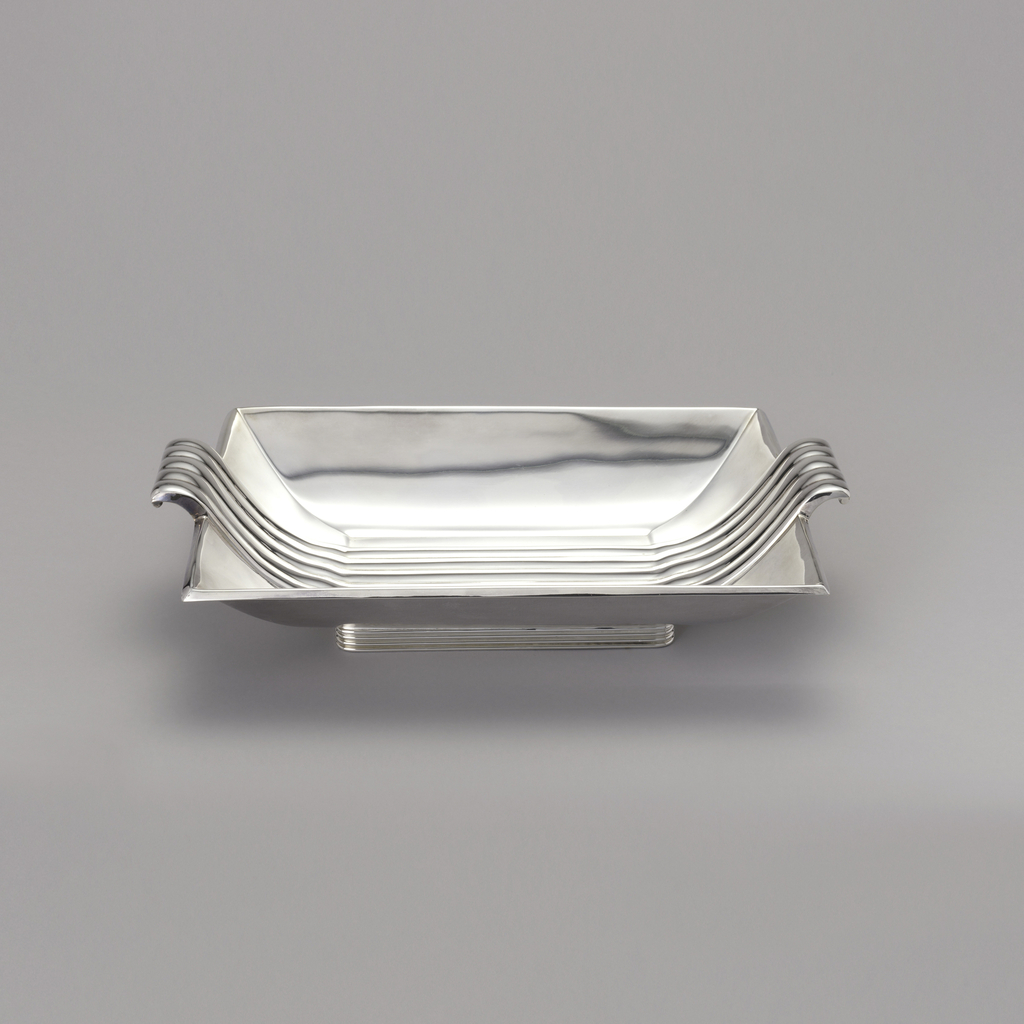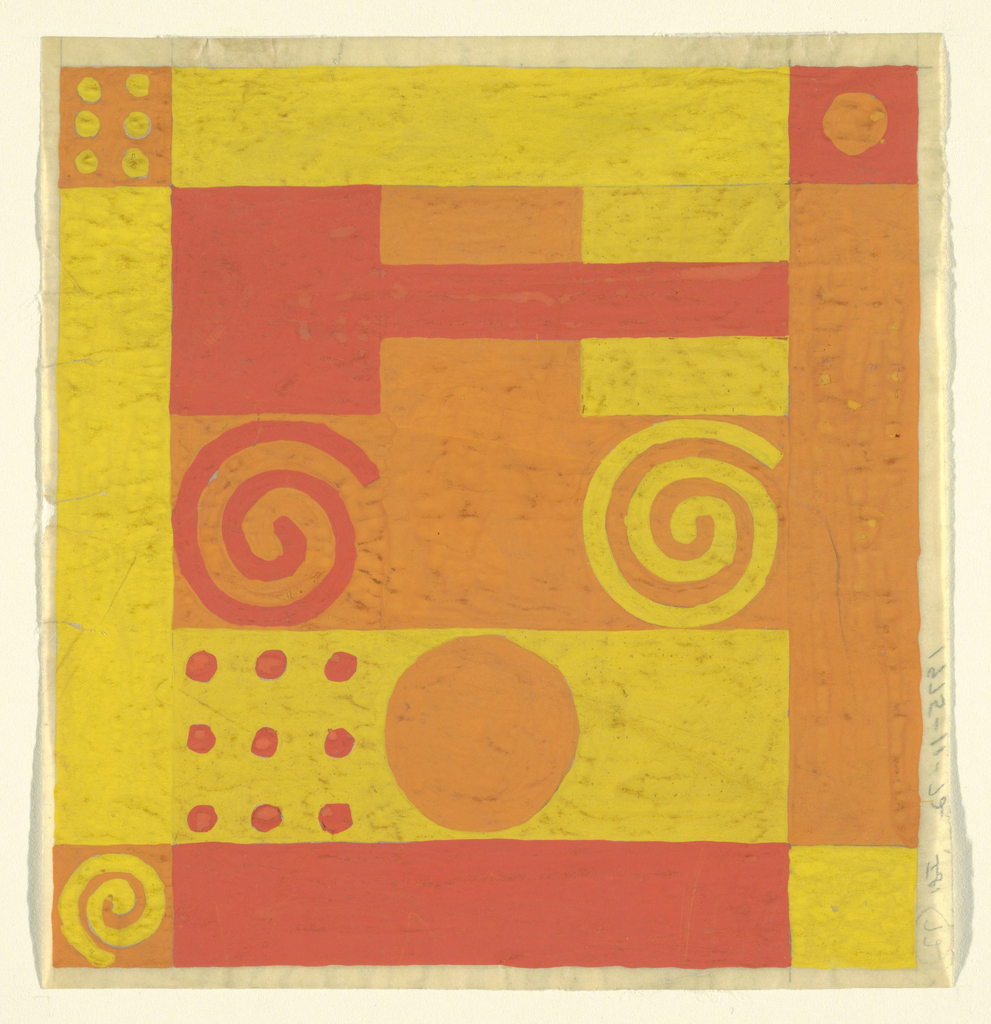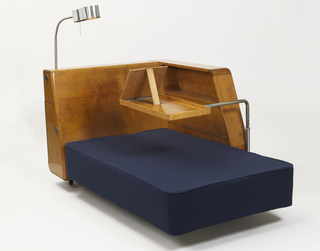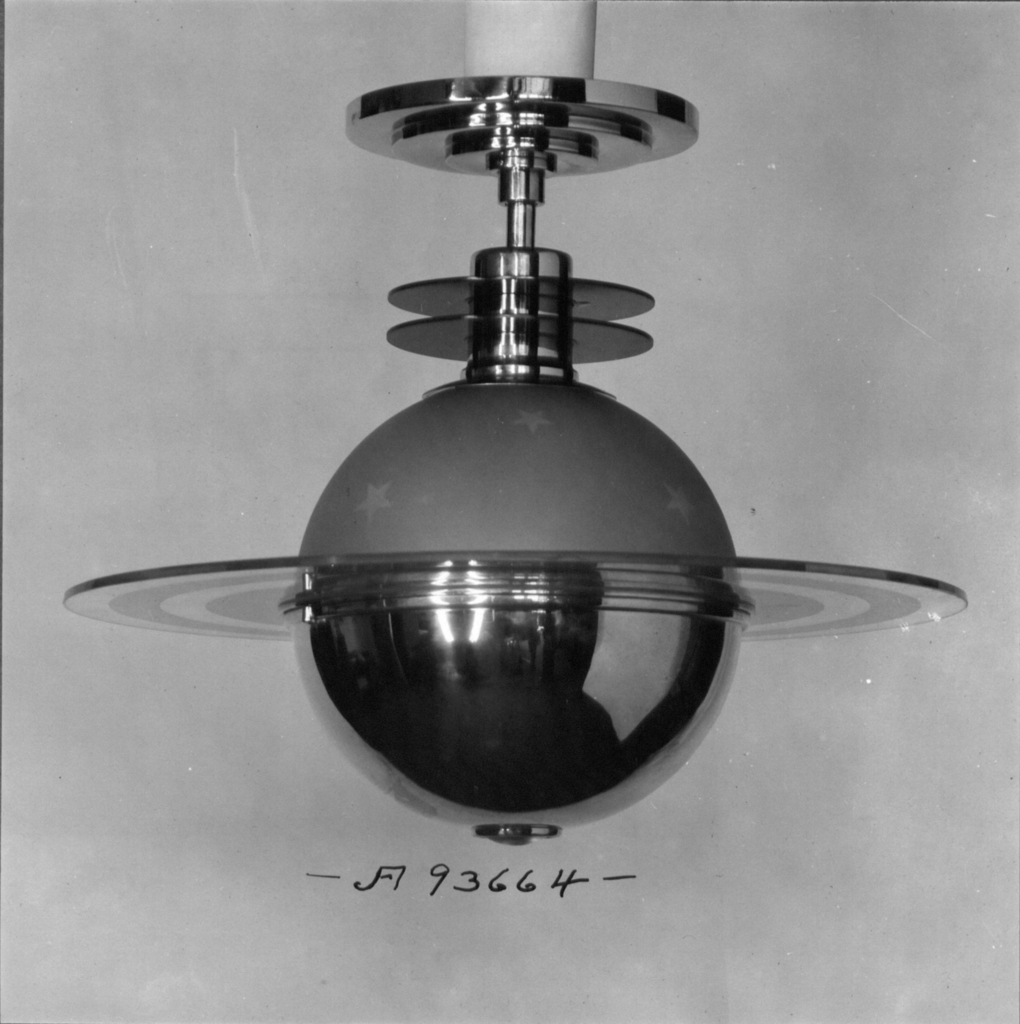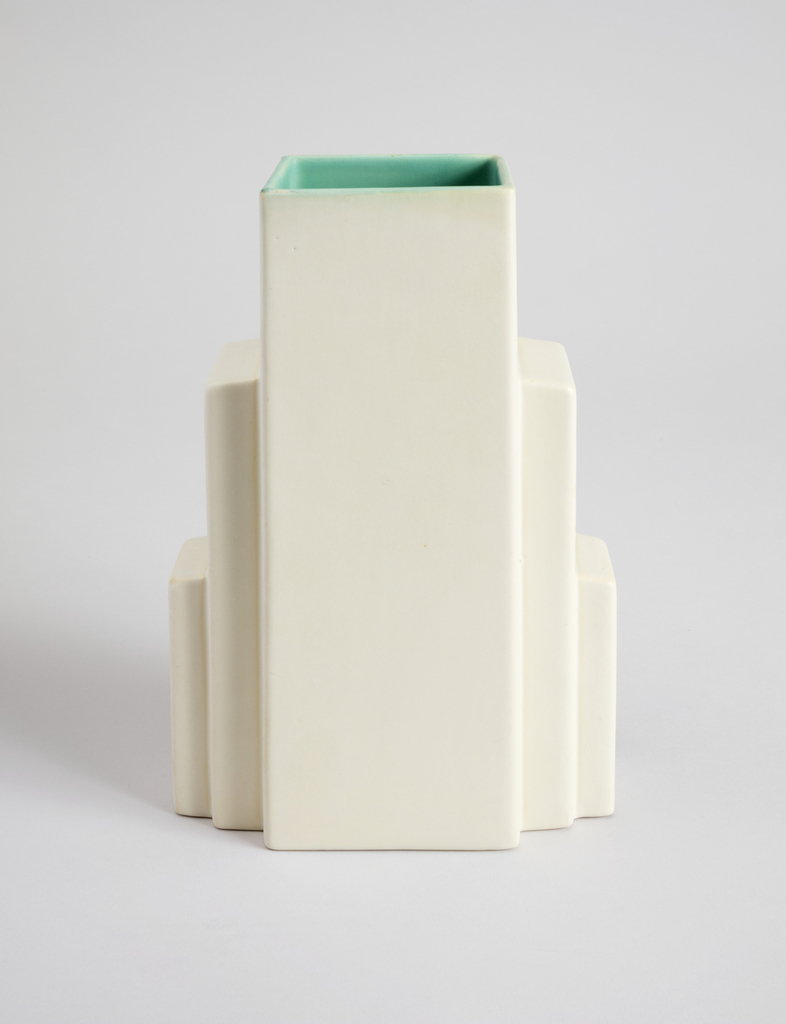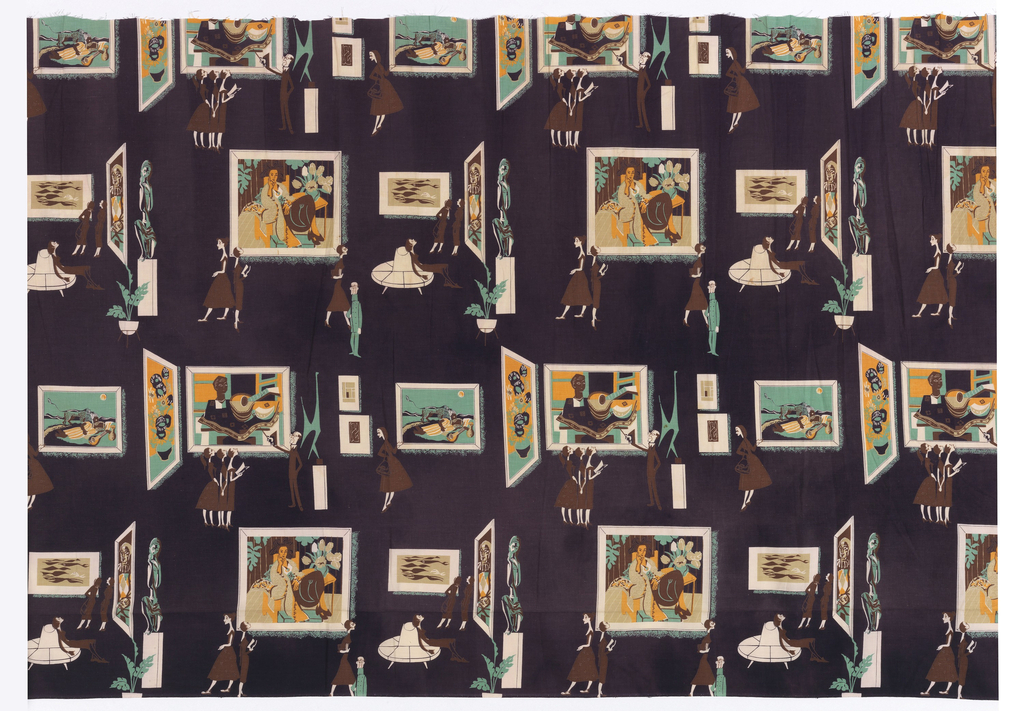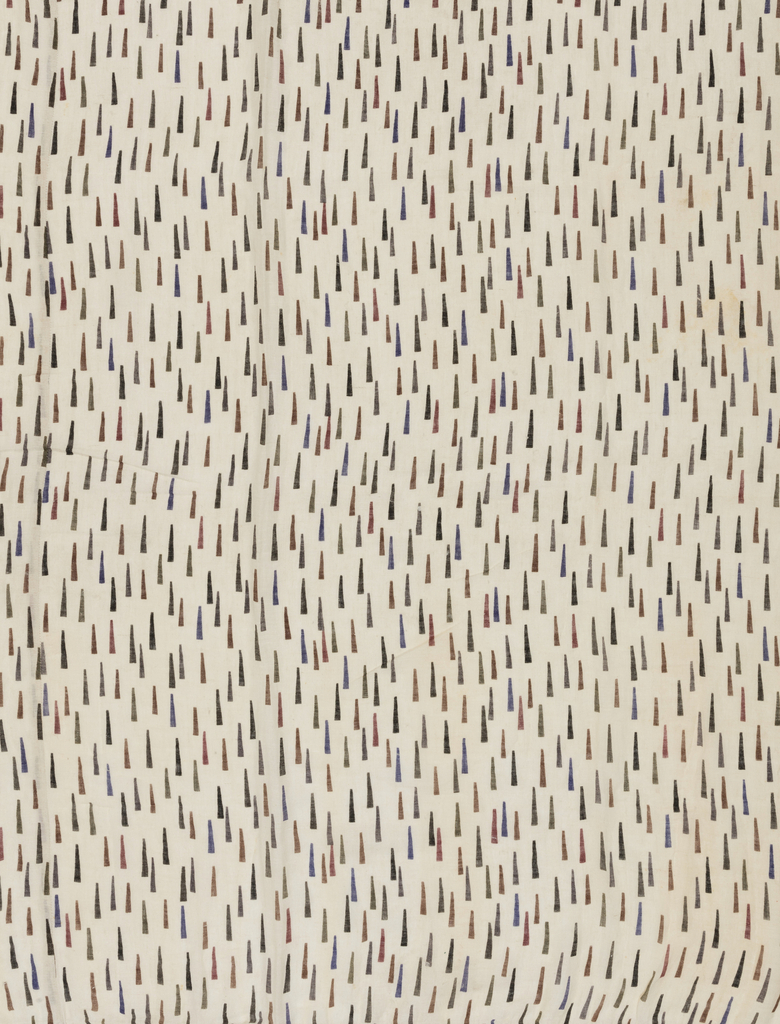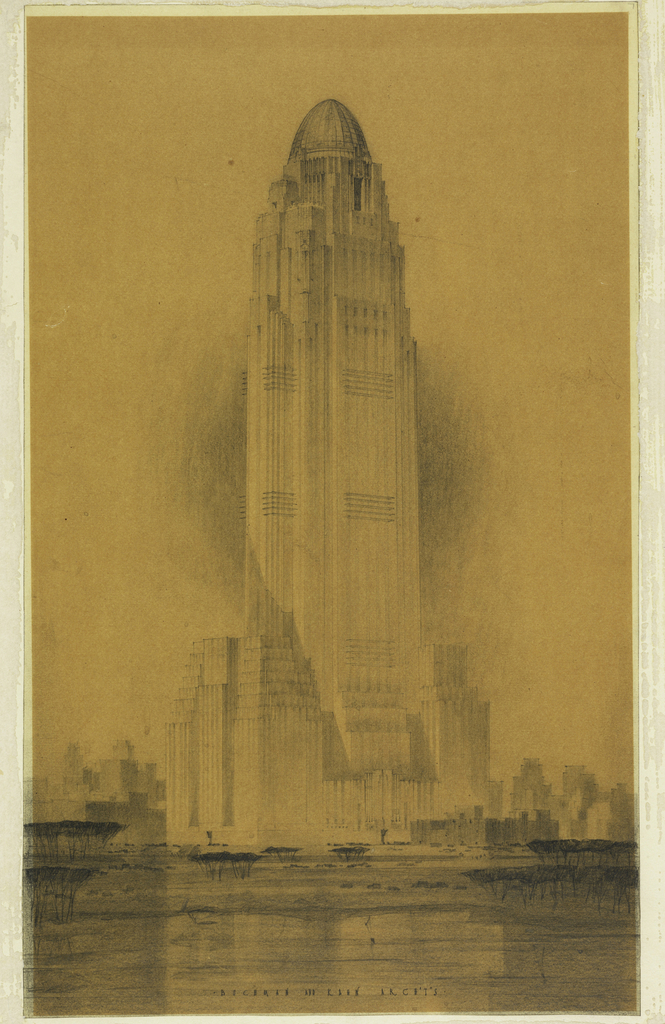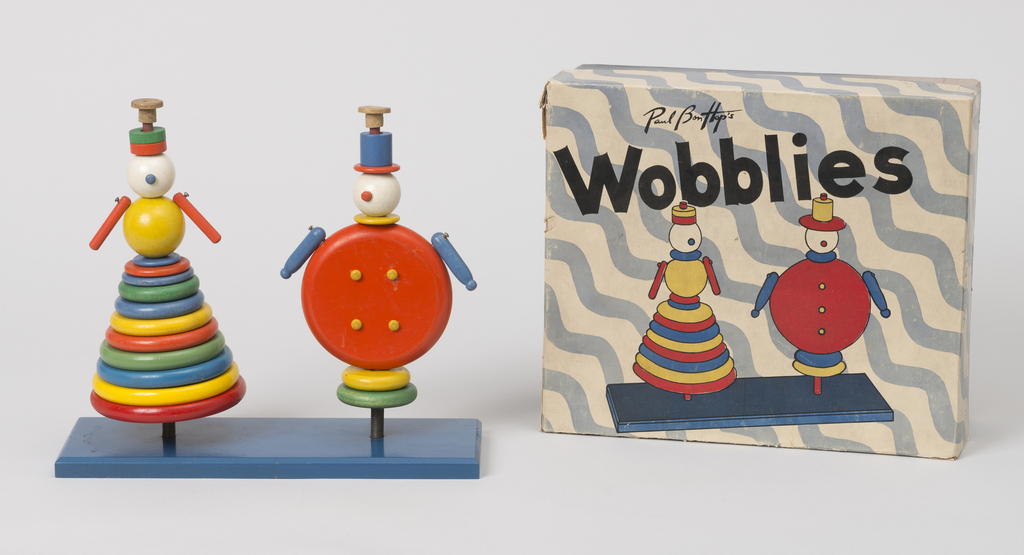In celebration of Women’s History Month, March Object of the Day posts highlight women designers in the collection. Today’s blog post was written by Andrea Osgood and originally published March 31, 2014. In the late 1920s, industrial design began to emerge as a viable field in the United States. Because of the Great Depression, there...
From the time she arrived in the United States from Budapest in 1913, Ilonka Karasz was a force in New York City’s creative circles. Karasz’s oeuvre is diverse; over the course of her sixty-year career, she created furniture, textiles, silver, wallpapers, ceramics, and illustrations. Between 1925 and 1973, Karasz illustrated 186 covers for the New...
This stylishly and supremely practical day bed reflects a collaboration between Frederick Kiesler and Marguerita Mergentime. It was created for Mergentime’s NYC apartment in the mid-1930s, and is Kiesler’s only known residential commission. Containing three storage compartments, a bookshelf, a swing-out bed tray for reading or eating, and an attached lamp, the bed is really...
Jennifer Cohlman Bracchi discusses this Caldwell lighting fixture, created for Rockefeller Center in 1932.
Even though the stamped marking on the underside of this vase reads “Coors Golden Colorado Pottery,” its coloring is not that of a pale ale. Rather, the exterior is painted with a cream-toned glaze, while its interior is coated in a light teal. This choice of matte glazing further calls attention to the stepped form...
Little is known about this dress-weight cotton fabric, which arrived at the museum in a padded envelope with no return address. It was probably an inexpensive “novelty print” intended for the home-sewing market. This piece had been previously made up as a dirndl skirt, which requires very little shaping, so there is an uncut rectangular...
Alexander Girard was one of the most influential textile designers of the mid-century period. Along with colleagues Charles and Ray Eames, George Nelson, and Eero Saarinen, he was a strong proponent of bringing an affordable modernism to the middle class. From 1952 to 1973, Girard served as head of the Textile Division of Herman Miller...
Ely Jacques Kahn's design for a skyscraper, now on view in The Jazz Age: American Style in the 1920s, demonstrates the power of the architectural drawing as an advertising tool.
The Wobblies show their wobbliness, which is cleverly illustrated on their box by faint wavy blue lines. Interestingly, there are two definitions of the word wobbly. The first is “inclined to wobble; shaky.” A Wobbly (capitalized) is also “a member of the Industrial Workers of the World, an international, revolutionary industrial union founded in Chicago...
